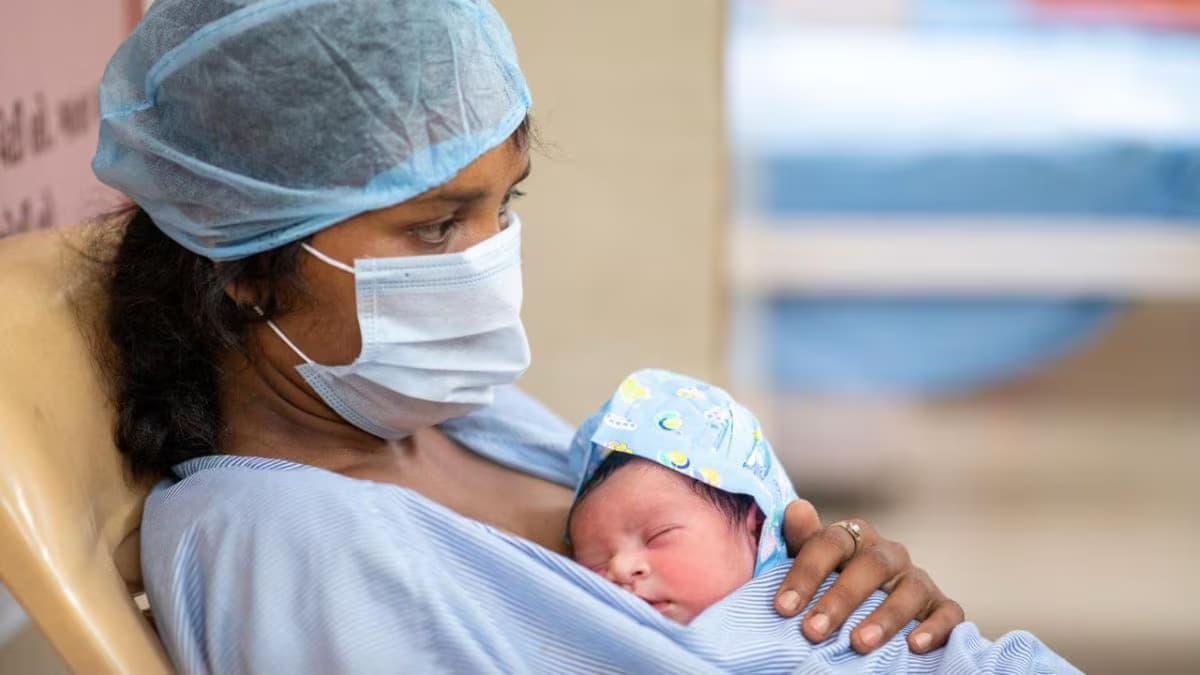We're loading the full news article for you. This includes the article content, images, author information, and related articles.
A UN/WHO report released on World Health Day indicates Kenya’s maternal mortality ratio is 355 per 100,000 live births (approx. 5,000 deaths annually). Officials warn that anticipated cuts in international health aid could undermine maternal health services and reverse progress.

Nairobi, Kenya – May 27 — A new United Nations report released on Monday has sounded the alarm over looming global funding reductions that threaten to erode critical progress in maternal health — with Kenya emerging as one of the most vulnerable countries. The report reveals that Kenya’s maternal mortality ratio remains high at 355 deaths per 100,000 live births, translating to nearly 5,000 preventable maternal deaths each year.
The findings, issued jointly by the UN and the World Health Organization (WHO), paint a sobering picture: while global maternal mortality rates have dropped by approximately 40% since 2000, progress has stagnated since 2016, largely due to waning international funding, pandemic-related disruptions, and ongoing conflicts in fragile regions.
WHO Director-General Dr. Tedros Adhanom Ghebreyesus issued a stark warning: “Without sustained investment, we risk reversing hard-won gains and condemning thousands of women to preventable deaths. Maternal health must remain a global priority.”
In Kenya, health authorities echoed this concern, underscoring the urgent need to bolster domestic support for maternal health initiatives. “We cannot afford to let global funding uncertainties derail our efforts,” said Dr. Miriam Wanjiku, a senior official at Kenya’s Ministry of Health. “Investments in midwifery, emergency obstetric care, and rural clinic accessibility are absolutely vital to safeguard mothers’ lives.”
The report calls on governments, donors, and health partners to renew commitments to maternal health funding, warning that a failure to act could result in a significant backslide, particularly in sub-Saharan Africa where maternal health systems are already stretched thin.
Health experts argue that Kenya must prioritize scaling up community health programs, training skilled birth attendants, and expanding access to prenatal and postnatal care — especially in underserved counties with the highest maternal mortality rates.
As Kenya faces increasing economic pressure and rising healthcare demands, the Ministry of Health is expected to present new policy proposals aimed at protecting maternal and child health funding from budget cuts in the next fiscal cycle.
Keep the conversation in one place—threads here stay linked to the story and in the forums.
Sign in to start a discussion
Start a conversation about this story and keep it linked here.
Other hot threads
E-sports and Gaming Community in Kenya
Active 9 months ago
The Role of Technology in Modern Agriculture (AgriTech)
Active 9 months ago
Popular Recreational Activities Across Counties
Active 9 months ago
Investing in Youth Sports Development Programs
Active 9 months ago